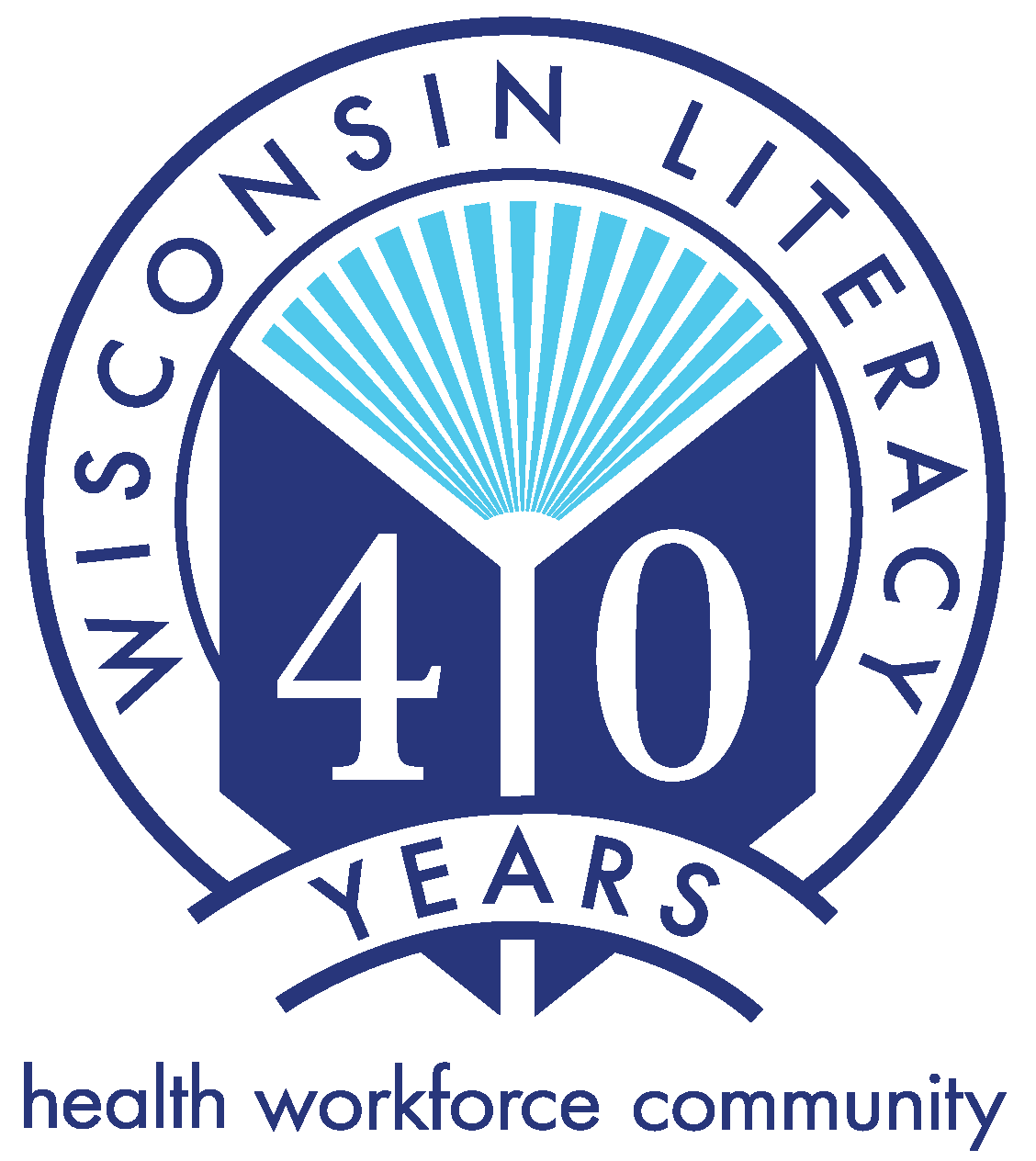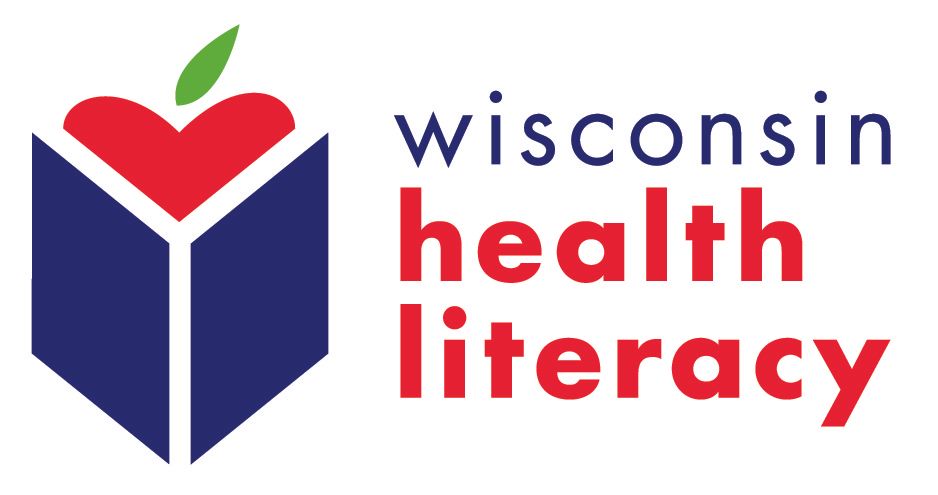Working with Local Media
Assign this duty to a staff or board member.
Maybe a Marketing Committee of the Board of Directors interfaces with the media. Or, perhaps a staff Outreach Coordinator works with the community and connects with media.
Have a list of media contacts at your fingertips.
Your local chamber of commerce may have a list of local media. Foster relationships with your local newspaper, radio and television stations. Don’t be afraid to call and ask contact information for people who can publicize your story.
Use news releases.
Send news releases twice: once in advance and a second just before the event. Put a “hook” in your email subject, so your media contact will actually open it.
Don’t assume anything.
Don’t assume the media has any knowledge of literacy issues. Clearly convey your information and background.
Check the date with the media first.
In scheduling an event, it is better to choose the date for the event after consulting the media on their availability. This may seem backward, but it is better to be willing to set a date with the media in mind.
Strike when the story is hot.
Get the story out while it’s fresh and new. Show how your story plays into breaking news or trends.
Use media to recruit volunteer tutors.
Promote upcoming tutor trainings with news releases and radio ads.
Don’t forget radio stations.
Radio stations are required by law to make public service announcements (PSAs). Share tutor training and other agency event dates, success stories and information about your services.
Find an APR (Accredited in Public Relations) Representative.
APR is a certification program for PR professionals who want to demonstrate strategic perspective and sound judgment of public relations. To maintain accreditation, they must share their public relations expertise as volunteers in local agencies. Google “Accredited in Public Relations” to find a representative in your area.

